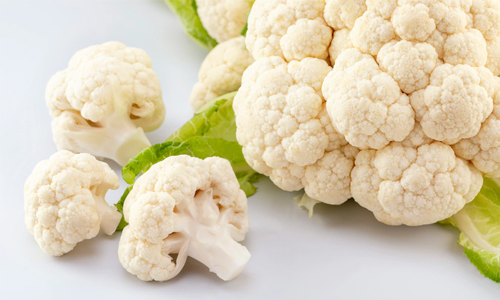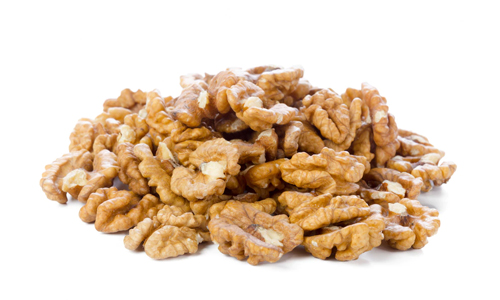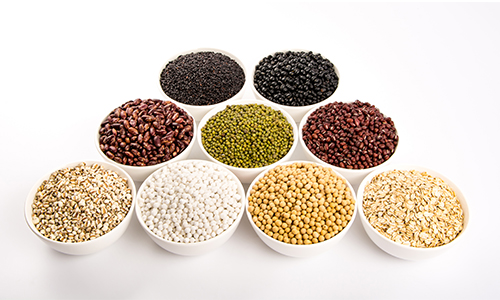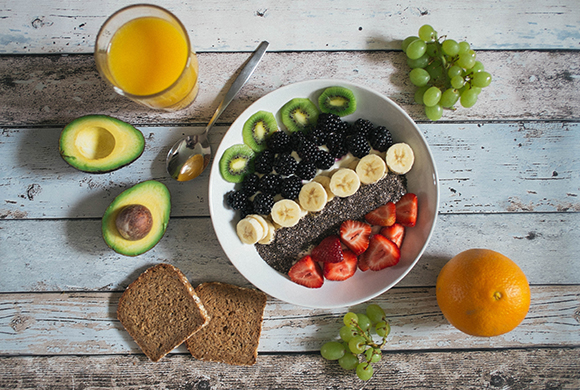In 2024, dietary habits continue to be a significant factor in cancer prevention, especially for breast cancer. Recent studies highlight that a plant-based, antioxidant-rich diet combined with regular physical activity can reduce the risk of breast cancer by 10-20%. With a rise in breast cancer cases across urban India, it has become even more critical to adopt healthy lifestyle changes, such as incorporating foods that enhance immunity and regulate hormone levels. A healthy diet should include nutritious vegetables, fruits, nuts, grains, and more.
Can a Healthy Diet Prevent or Help Breast Cancer?
Making a good diet choice is essential. Daily exercise and a nutritious diet are important for maintaining a healthy weight. The National Cancer Institute recommends everyone exercise 4-5 hours a week to maintain hormone levels and lower breast cancer risk.
Food that Promotes Better Breast Health & Immunity
- Leafy green vegetables: Eat green vegetables that are rich in fibre, iron, and vitamins.

- Cruciferous vegetables: They are known to regulate cell growth in multiple ways. Vegetables such as cabbage, cauliflower, radish, broccoli, turnip, and more are rich in vitamins C, E, and K. They also have a high fibre content.
- Blueberries: They are rich in apoptosis, which has a self-destructive property that fights cancer cells.
- Pomegranate: It contains polyphenols which have anti-oxidant properties to prevent cancer growth.
- Sweet Potatoes: Studies suggest that women who eat sweet potatoes regularly are at a 17% lower risk of developing breast cancer.
- Garlic: It contains allicin, which is said to inhibit the division of cancer cells. Eating raw garlic can maximise the anti-cancer effects.

- Walnuts: Packed with omega-3 fatty acids, phytosterols, and antioxidants, they help regulate oestrogen levels and slow the growth of breast cancer cells.
- Flaxseeds lower blood pressure and cholesterol. They are the richest source of lignans, an antioxidant that reduces tumour growth.
- Green Tea: Loaded with a lot of antioxidant properties, it is said to have immense health benefits.
- Salmon: Loaded with rich Omega-3S and vitamins B12 and D. It provides maximum nutrients to your body to regulate cell growth and prevent cancer.
- Turmeric: Fights against cancer-causing cells. Curcumin in turmeric is a natural cancer-fighting compound.
Don’t forget to read - Does sleeping with a bra cause breast cancer?
12. Whole grains: They are rich in minerals and vitamins. Grains such as quinoa, barley, oats, whole wheat, and brown rice should be included in your healthy breast cancer diet. 
13. Legumes: They contain folic acid and fibre along with other nutrients to prevent cancer risk.
14. Soy: The plant-based protein is rich in antioxidants. Soy milk, tofu, and soy yoghurt contain low carbohydrates that control body weight and reduce the risk of breast cancer.
15. Brazil Nut: It is rich in selenium, fibre, and phytochemicals that help fight inflammation and improve the immune system by preventing cancer growth.
Emerging research suggests that maintaining good gut health is essential for cancer prevention. Adding probiotic-rich foods such as yogurt, fermented vegetables, and kimchi can enhance the gut microbiome, which plays a key role in immune system regulation and hormone metabolism.
Healthy Breast Cancer Diet: Food to Avoid
- Alcohol
- Spicy, crunchy, acidic food
- Undercooked or under processed food
- Red meat
- Sugar-Sweetened beverages
- Refined grains
- Highly processed food
Adopting a nutritious, well-rounded diet remains crucial for breast cancer prevention. Adding 15-30 minutes of physical activity per day, alongside nutrient-rich foods, can further reduce the risk. Regular medical check-ups and self-examinations are equally important to detect early changes. By making informed choices today, individuals can reduce their future cancer risk and enhance their overall well-being.
Disclaimer - The food references mentioned in this blog are inspired by suggestions provided by the National Cancer Institute. For more information on nutrition management and diet recommendations, please refer to the official website.

